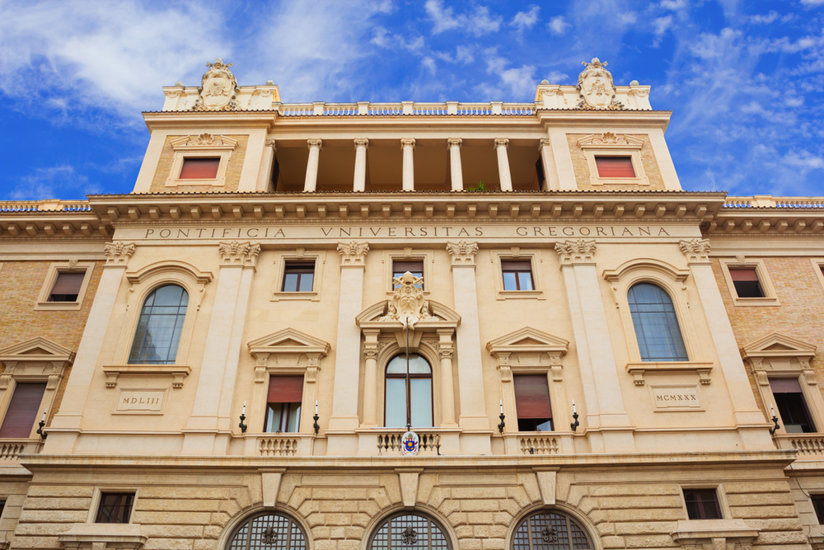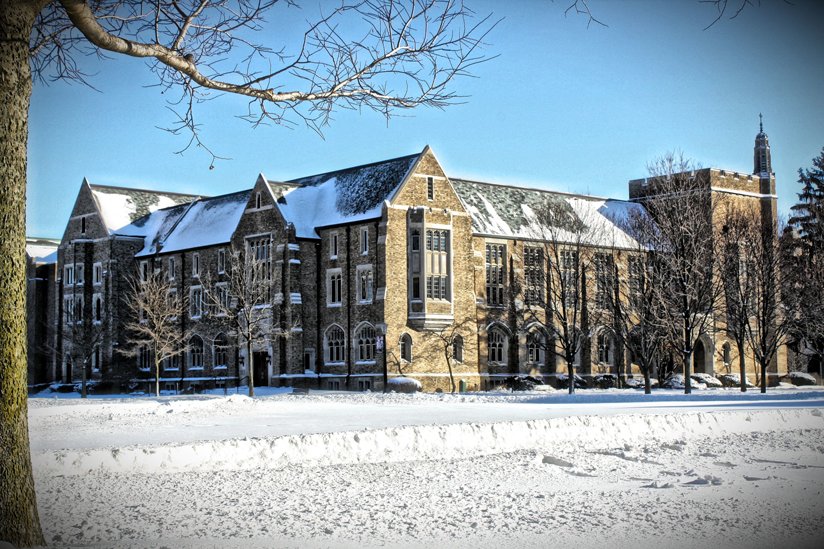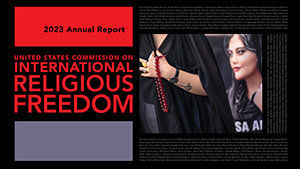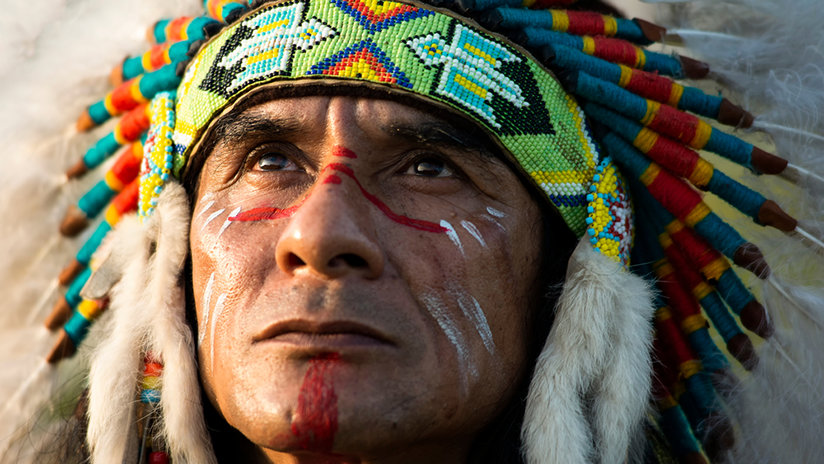
-
HOME
-
WHAT IS STANDOur Mission Our Values Our Help Contact
-
WHAT WE FIGHT FORReligious Freedom Religious Literacy Equality & Human Rights Inclusion & Respect Free Speech Responsible Journalism Corporate Accountability
-
RESOURCESExpert Studies Landmark Decisions White Papers FAQs David Miscavige Religious Freedom Resource Center Freedom of Religion & Human Rights Topic Index Priest-Penitent Privilege Islamophobia
-
HATE MONITORBiased Media Propagandists Hatemongers False Experts Hate Monitor Blog
-
NEWSROOMNews Media Watch Videos Blog
-
TAKE ACTIONCombat Hate & Discrimination Champion Freedom of Religion Demand Accountability
Human Dignity Is at the Heart of Religious Freedom: The Notre Dame Religious Liberty Summit
Multifaith forums, religious freedom symposiums, virtual interfaith panels—all are important and all timely. But what set the 2nd annual University of Notre Dame Religious Liberty Summit apart this past summer is that it was hosted by a law school, specifically Notre Dame’s Religious Freedom Initiative—a unique program that promotes religious freedom for people of all faiths through scholarship, events, and the Notre Dame Law School’s Religious Liberty Clinic.
Among the questions addressed: Why are people of faith so often the first victims of government repression? Is it possible to change the policies, if not the heart, of a powerful police state that regards people of faith as a threat to their existence? Do certain technological advances represent the newest threat to religious freedom—with algorithms replacing morals and programming constructs standing in for the human spirit?
For an intense three days, scholars, advocates and religious leaders taught, asserted, informed, conversed, convened and communicated on these questions as well as the future of religious freedom in the United States and internationally. Each day rolled out a series of panels and keynote speeches—held in-person and streamed virtually across the globe—discussions offering four or five experts and faith leaders the opportunity to tackle the topics at hand. On the evening of Day Two was an awards presentation, and attendees were then back in action for another panel discussion on Day Three.
No religion is safe unless all faiths, all creeds and cultures mutually recognize our shared rights and dignity.
Sponsored as it was by a Catholic university, the summit was appropriately held this year in the world center of Catholicism: Rome. The overriding theme of the summit, as laid out by law school dean and Religious Freedom Initiative founder G. Marcus Cole, was Dignitatis Humanae, the Dignity of the Human Person.
Thus throughout the summit, human dignity in its various forms—its importance, its protection, the egregious violations against it and the courageous advocacy on its behalf—took center stage not only as the summit’s theme but also as the fundamental basis for freedom of religion.

Summit panelists expressed their concerns and offered solutions to areas of government repression against religious freedom. U.S. Commission on International Religious Freedom (USCIRF) chair Nury Turkel reported that, as of 2021, the Chinese government demanded religious groups worship the Chinese Communist Party (CCP) and its General Secretary Xi Jinping instead of their own God.
Turkel shared a number of further religious freedom violations taking place across China, including attacks on Catholic communities and churches on the mainland and Hong Kong: the raiding of churches, the detaining of parishioners, the removal of crosses from houses of worship, the separation of 880,000 Muslim children from their parents, and the desecration of Muslim religious sites, as well as the ongoing genocide of Uyghurs with from 1 to 3 million sent to concentration camps.
“Why do we have this troubling trend in China?” Turkel, himself born in a Chinese detention camp, asked. “Because religious practices are a threat to the survival of the CCP. This is the view of the CCP’s attitude to any religion.”
Former Member of the National Assembly of Pakistan Farahnaz Ispahani spoke of the decline in respect for human dignity in her own country, where forced conversions, blasphemy cases, attacks on houses of worship and antireligious hate speech are commonplace.
“The true test of any faith or religion is its ability to protect that of another, if it is different.”
Panelist after panelist weighed in with his or her respective take on threats to human dignity and religious freedom. Andrea Simoncini, professor of constitutional law at the University of Florence, spoke of how the dependence on technology has the potential to act as a bypass of a spiritual foundation for life.
His Eminence Archbishop Anba Angaelos OBE, Coptic Orthodox Archbishop of London, looking beyond his own flock, observed that no religion is safe unless all faiths, all creeds and cultures mutually recognize our shared rights and dignity. “The true test of any faith or religion,” he said, “is its ability to protect that of another if it is different.”

Grandmother Mona Polacca, Founding Member of the International Council of 13 Indigenous Grandmothers and a Native American elder from Arizona, has spent most of her life fighting for the dignity of indigenous people. She said that for a long time the indigenous were not considered human beings nor did they have rights. “It took over 20 years for indigenous people to be recognized through the UN Declaration on the Rights of Indigenous Peoples as having human rights.” But, she pointed out, at the state level, there is still much to do to secure their religious sites and practices.
The Notre Dame Religious Liberty Summit climaxed with the awarding of the Notre Dame Prize for Religious Liberty to this year’s recipient, Mary Ann Glendon, the Learned Hand Professor of Law and former U.S. ambassador to the Holy See. Glendon has accumulated abundant credentials in the field of Dignitatis Humanae, having mentored a future Secretary of State and chaired the newly formed State Department's Commission on Unalienable Rights, which re-examined the role of human rights in U.S. foreign policy.
Professor Stephanie Barclay, Director of Notre Dame’s Religious Liberty Initiative, called Glendon “one of the leading lights in the religious liberty space. She’s a scholar, an advocate, a mentor, and a champion of religious liberty.”
Accepting the award, Glendon covered a wide range of perspectives on religious freedom. She remembered her own struggles and doubts with her Catholic faith when her studies in science often conflicted with her religion and appeared to supersede what she had been taught from the Bible. Her own mentor, then-President of Notre Dame, Theodore Hesburgh, told her, “If you’re confronted with a conflict between science and religion, you’re either dealing with a bad theologian or a bad scientist.”
She also spoke of the future in remarks containing both caution and hope—specifically about recent high-court victories. She noted that while the space has been cleared for the exercise of religious freedom, “what will ultimately count is what people will do in that space. What’s the good of clearing the space if the people concerned don’t use it or if they don’t exercise it responsibly?”
Glendon said she was touched that, in her travels to places where religious freedom and human dignity are disrespected, people looked to the United States as the model where different religions and cultures can coexist in harmony.
“It would be a shame if we let that slip away.”









